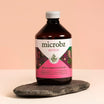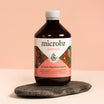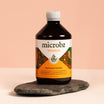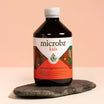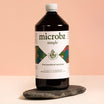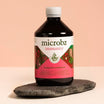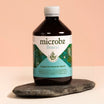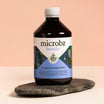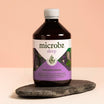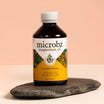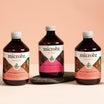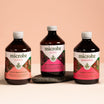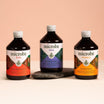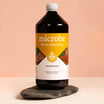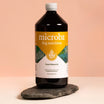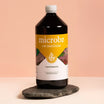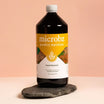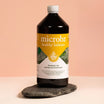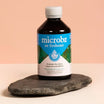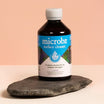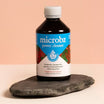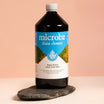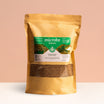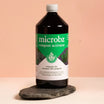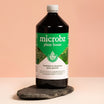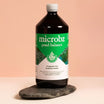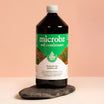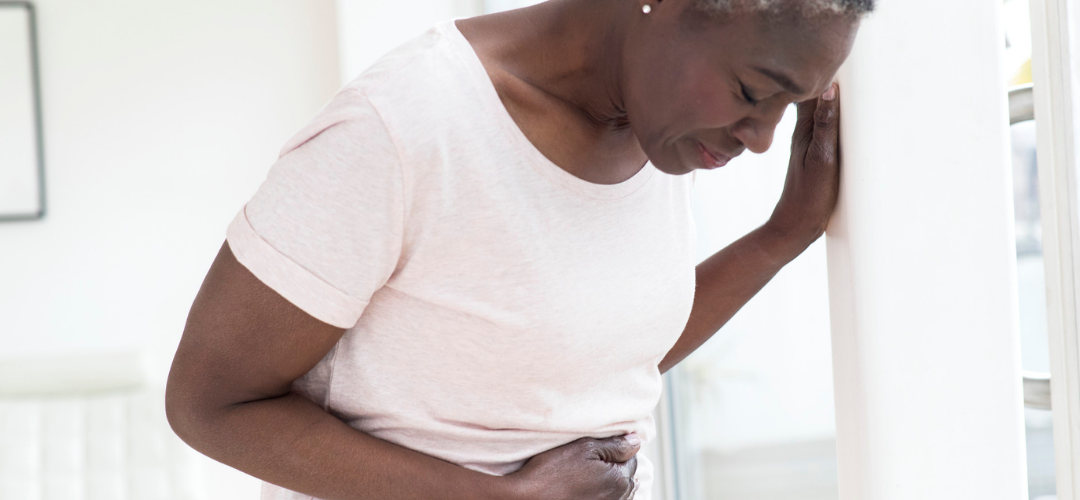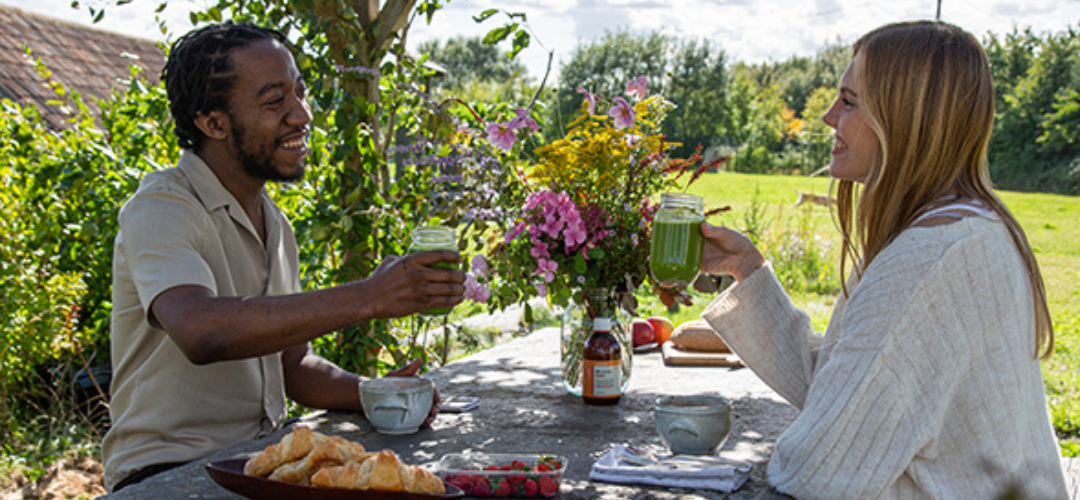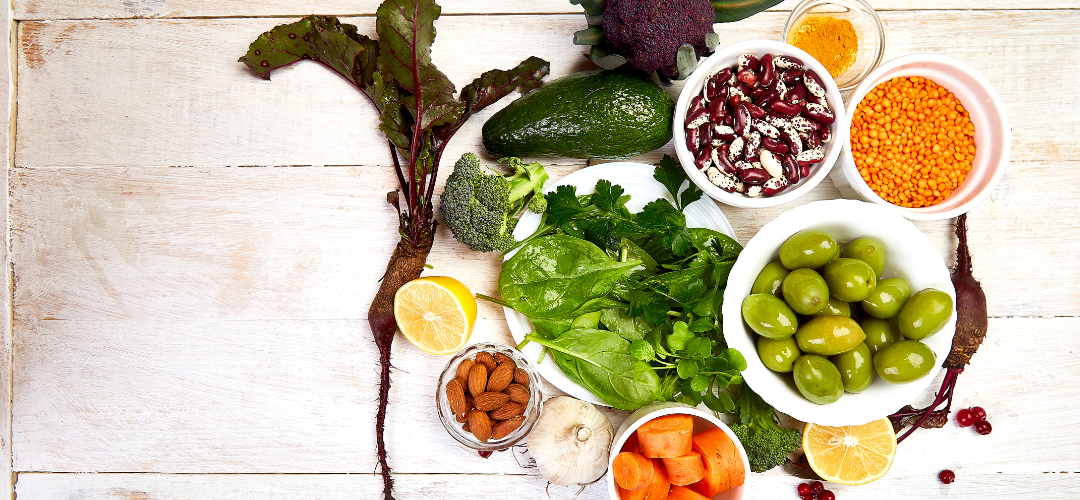Irritable Bowel Syndrome (IBS) is a common chronic disorder which affects the intestines. The symptoms often cause discomfort and include bloating, constipation, cramping, gas or diarrhoea. Although pretty unpleasant, most people find they can manage their symptoms with conscious lifestyle choices like managing stress and eating a healthy balanced diet.
Frustratingly for sufferers, the exact cause isn't known but there are a few triggers which might be to blame. One of them is a change in gut microbes. First of all, what are microbes? They are microscopic sized organisms, they might exist as single-cell forms or in clusters of cells. Microbes have been around for a really long time, most scientists agree that they are the origins of life on planet Earth! So, they know what they're doing. Because humans evolved by interacting with microbes, we have never lived without them.
Here's how they affect your gut, and therefore your overall health, and how working with them in the right way could help alleviate some of those IBS symptoms.
It is perfectly normal, in fact beneficial, for microbes to live in your body. There are several billion in your digestive system. They are crucial to develop the immune system and protect against infection. The bacteria in the intestines are often referred to as the gut flora or microbiota. These microscopic creatures are responsible for taking a banana or a bowl of porridge, or whatever you had for breakfast, and making it into human flesh and blood. There has been recent evidence to support the idea that changes or disturbances in the microbiota have a role to play, in at least some people, who develop IBS. Some of these triggers might include:
- Antibiotic use
- Following an episode of infection (gastroenteritis)
- Inflammation caused by an abnormal interaction with bacteria in the gut
- Small intestinal bacterial overgrowth (SIBO)
Researchers at the University of Gothenburg have discovered a connection between Brachyspira (a bacteria) and IBS, particularly the form that causes diarrhoea. It will need further research, but new research does give IBS sufferers hope for future remedies.
So, you might be wondering about some of the best ways you can prevent IBS symptoms, and the role of microbes within that. Here are our top three pieces of advice:
1 Eat Clean & Varied
There's nothing good bacteria love more than food that is varied and natural. Aim to ditch the processed food, gluten, refined sugars and trans fats from your diet and get as much variety on your plate as possible. It has been suggested 30 different vegetables/fruit per week. Fermented foods are particularly good so try kimchi, sauerkraut, kefir or kombucha.
2 Reduce Stress
Easier said than done, but with focus and experimentation you can find something that works for you to lower those stress hormones which directly affect your gut health. You could try yoga or meditation. If you need help, we have a sister company called VisionWorks that can help with stress.
3 Take a good probiotic
Probiotics are live bacteria found in foods and supplements. They're safe, compliment natural gut flora and provide lots of health benefits. Take a probiotic like microbz with up to 5 billion units of live active cultures and soothing herbs.


